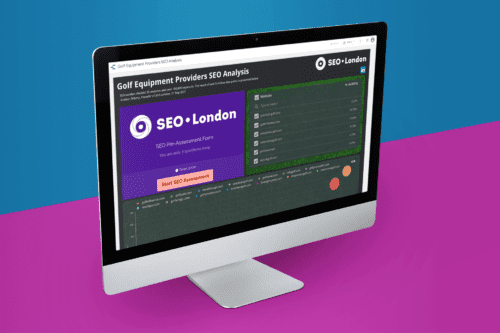What is Page Authority
Introduction:
Page Authority is a metric developed by Moz that measures the likelihood of a specific webpage to rank high in search engine results pages (SERPs). It is a crucial component of search engine optimization (SEO) and plays a significant role in determining the overall visibility and credibility of a webpage on the internet.
Understanding Page Authority:
Page Authority is a proprietary Moz metric that assigns a score to webpages on a scale of 1 to 100, with higher scores indicating a greater likelihood of ranking well in search engine results. The algorithm used to calculate Page Authority takes into account various factors, including the quantity and quality of inbound links, the relevance of the content, and the overall structure and accessibility of the webpage. It is important to note that Page Authority is a comparative metric, meaning it is relative to other pages on the web, and not an absolute measure of a webpage\’s quality or performance.
Importance of Page Authority:
Page Authority serves as a valuable tool for SEO professionals and website owners in understanding the competitive landscape and evaluating the potential success of their webpages. By analyzing the Page Authority of their own pages as well as their competitors, SEO practitioners can gain insights into the factors influencing search engine rankings and devise strategies to improve their webpage\’s visibility.
Factors Affecting Page Authority:
1. Inbound links: The quality and quantity of inbound links from other reputable websites play a vital role in determining a webpage\’s authority. Search engines consider inbound links as votes of confidence and use them to assess the credibility and relevance of a webpage.
2. Relevance of content: Well-optimized and highly relevant content that aligns with users\’ search queries is more likely to attract organic traffic and earn quality backlinks. Page Authority takes into account the relevance of the content on a webpage to determine its authority.
3. Technical factors: The technical aspects of a webpage, such as website speed, mobile-friendliness, and crawlability, impact its Page Authority. Well-structured and technically optimized webpages are more likely to rank higher in search results.
4. User experience: Page Authority also considers the overall user experience provided by a webpage. Factors like site usability, engaging design, and intuitive navigation contribute to a positive user experience, thereby enhancing a webpage\’s authority.
Improving Page Authority:
Boosting Page Authority requires a comprehensive SEO strategy that focuses on various aspects of webpage optimization. Some effective techniques to improve Page Authority include:
1. Building high-quality backlinks: Actively seek out authoritative websites in your niche and secure relevant, high-quality backlinks to your webpage. This can be achieved through guest blogging, influencer outreach, or creating compelling content that naturally attracts backlinks.
2. Creating valuable, shareable content: Develop high-quality and informative content that addresses the needs and interests of your target audience. Creating shareable content increases the likelihood of earning natural backlinks and improving Page Authority.
3. Optimizing on-page elements: Pay attention to on-page optimization techniques such as optimizing title tags, meta descriptions, headers, and URL structures. These elements provide search engines with valuable information about your webpage\’s content and relevance.
4. Improving website performance: Enhance the technical aspects of your webpage, including improving page load speed, ensuring mobile responsiveness, and optimizing website architecture. A technically sound webpage provides a better user experience and contributes to higher Page Authority.
5. Engaging in social media promotion: Leverage social media platforms to promote your content and engage with your audience. Social signals, such as likes, shares, and comments, can indirectly influence Page Authority by increasing visibility and attracting organic traffic.
Conclusion:
Page Authority is a vital metric in the field of SEO that assists website owners and SEO professionals in understanding and improving their webpage\’s performance in search engine rankings. By considering various factors such as inbound links, content relevance, technical optimization, and user experience, webmasters can work towards enhancing their Page Authority and achieving higher visibility, credibility, and organic traffic.


